Product Name: Aluminum Forging
Product Type: Metal Forging
Material: Aluminum
Shape: Customized
Surface Treatment: Anodizing, Powder Coating, Spray Painting, Polishing
Production Process: Die Casting, Press Forging
Advantages:
1. High strength-to-weight ratio
2. Superior mechanical properties
3. Enhanced resistance to fatigue and wear
4. Tight dimensional tolerances
5. Cost-effective production
| Color | Silver |
|---|---|
| Material | Aluminum |
| MOQ | 1 Pcs |
| Sample | Available |
| Place of Origin | China |
Product Details
MINGYU Tech is a leading large aluminum forge manufacturer specializing in producing high quality large aluminum forge for various industries. With over 20 years of experience, our company has built a reputation for precision, durability and reliability. Our state-of-the-art facilities and advanced forging techniques ensure our products meet or exceed the most stringent quality standards. We offer a wide range of large aluminum forge options, including custom design and engineering services to meet our customers’ specific needs.
The process of large aluminum forge involves heating aluminum billets to a specific temperature and then using a high-pressure press to shape the metal into the desired form. The heat and pressure rearrange the molecular structure of the aluminum, making it stronger and more resistant to wear and tear. The result is a product with superior strength, ductility, and fatigue resistance compared to other manufacturing methods.
One of the main advantages of large aluminum forge is its ability to produce parts with complex shapes and precise dimensions. This makes it an ideal method for creating lightweight yet strong components for applications that require tight tolerances and high-performance standards. large aluminum forge is also known for its cost-effectiveness. As the process does not require multiple steps or extensive machining, it reduces the overall production time and minimizes material waste. Additionally, the high strength-to-weight ratio of aluminum allows for the production of lightweight products, which can lead to reduced fuel consumption and CO2 emissions in industries such as automotive manufacturing.
| Place of Origin | China |
| Material | Metal Aluminium Steel Copper Brass |
| Process | Forging+machining+HT+finish Machining |
| Surface treatment | Polishing |
| Application | Machinery Parts |
| Product name | large aluminum forge |
| Certificate | TS16949/ISO9001 |
| Color | Customized Color |
| Quality Control | 100% Inspection |
| Lead Time | 15-31 Days |
| MOQ | 1 Piece |
| Supply Ability | 201699 Piece/Pieces per Month |
| Quantity (pieces) | > 435 |
| Lead time (days) | To be negotiated |
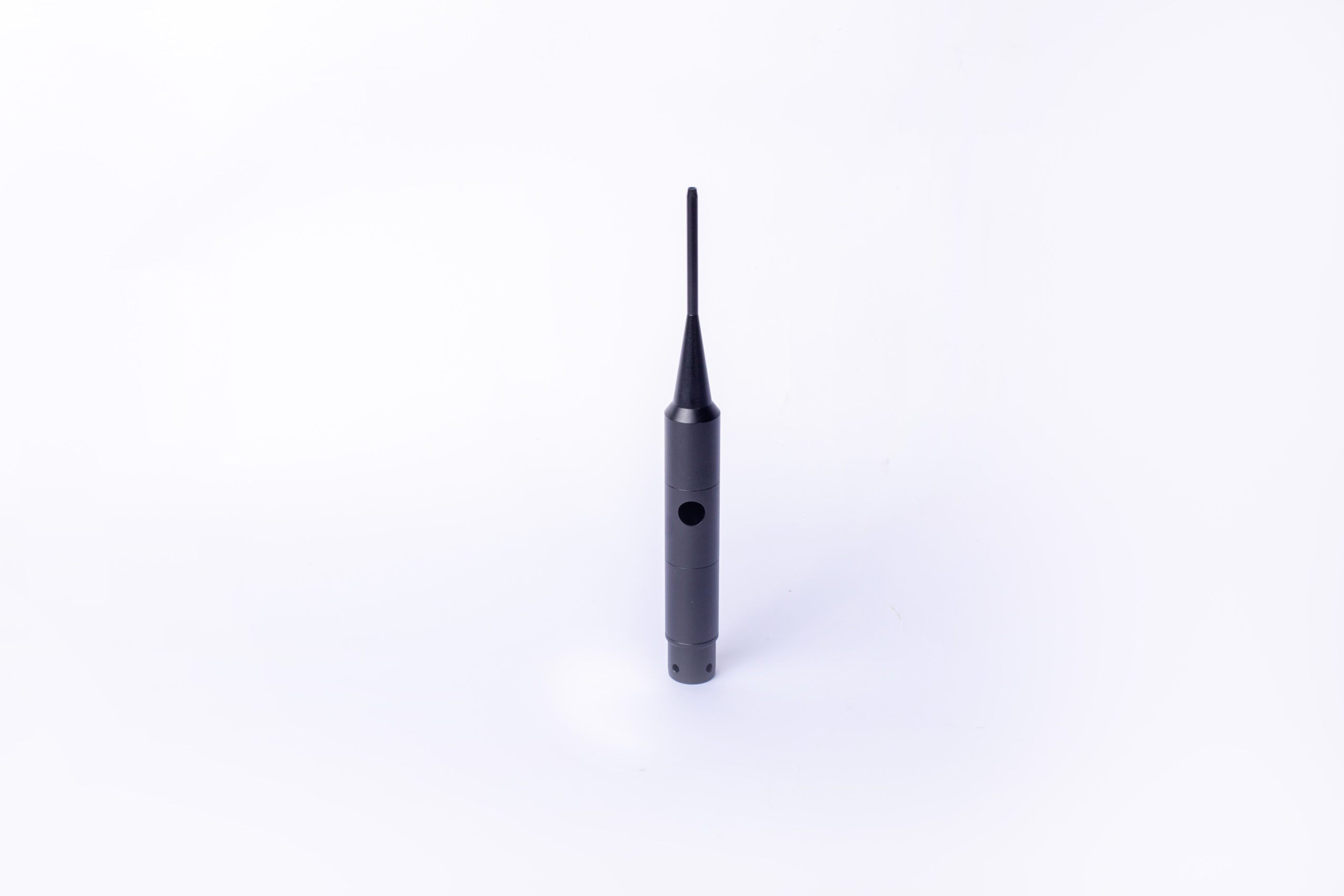
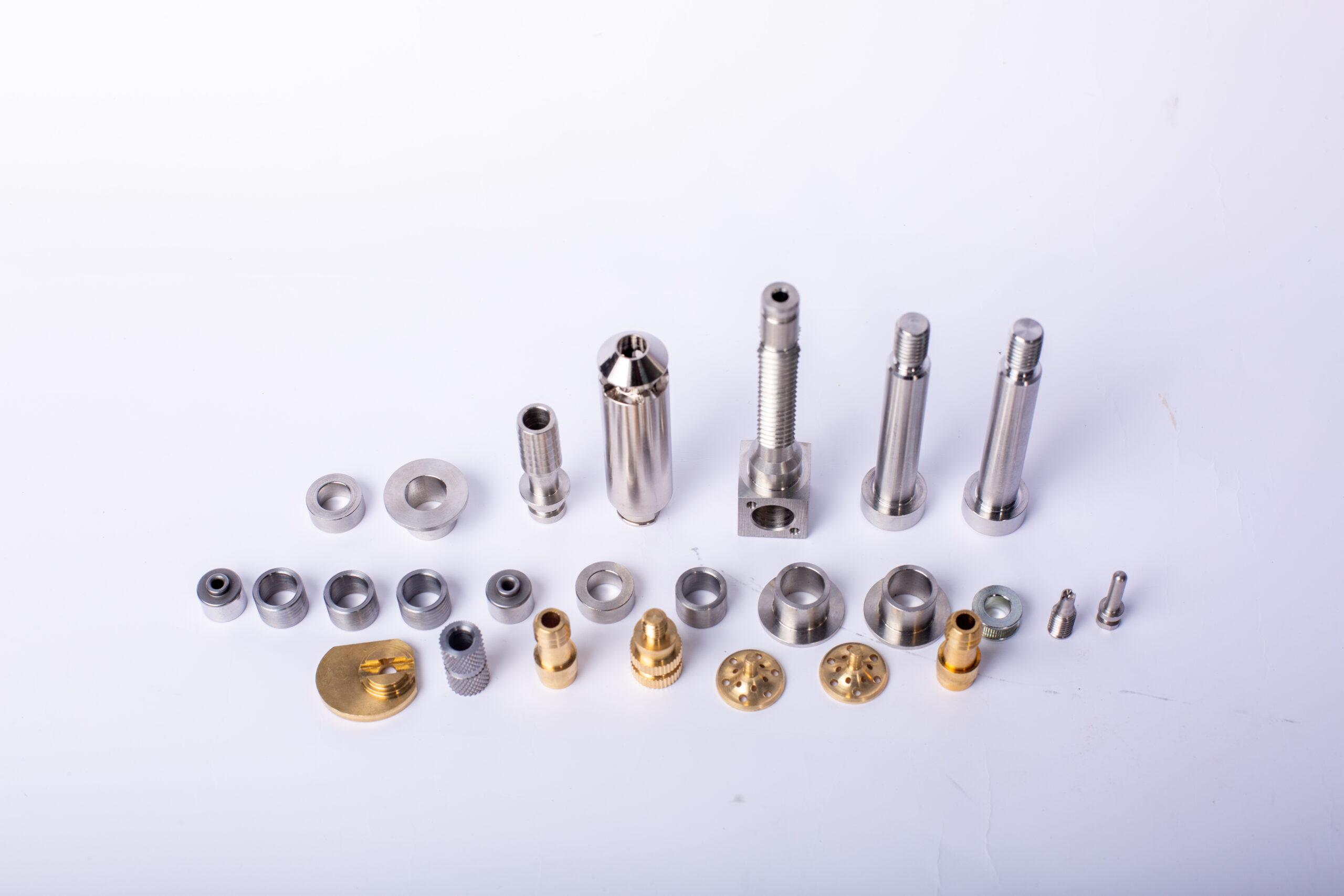
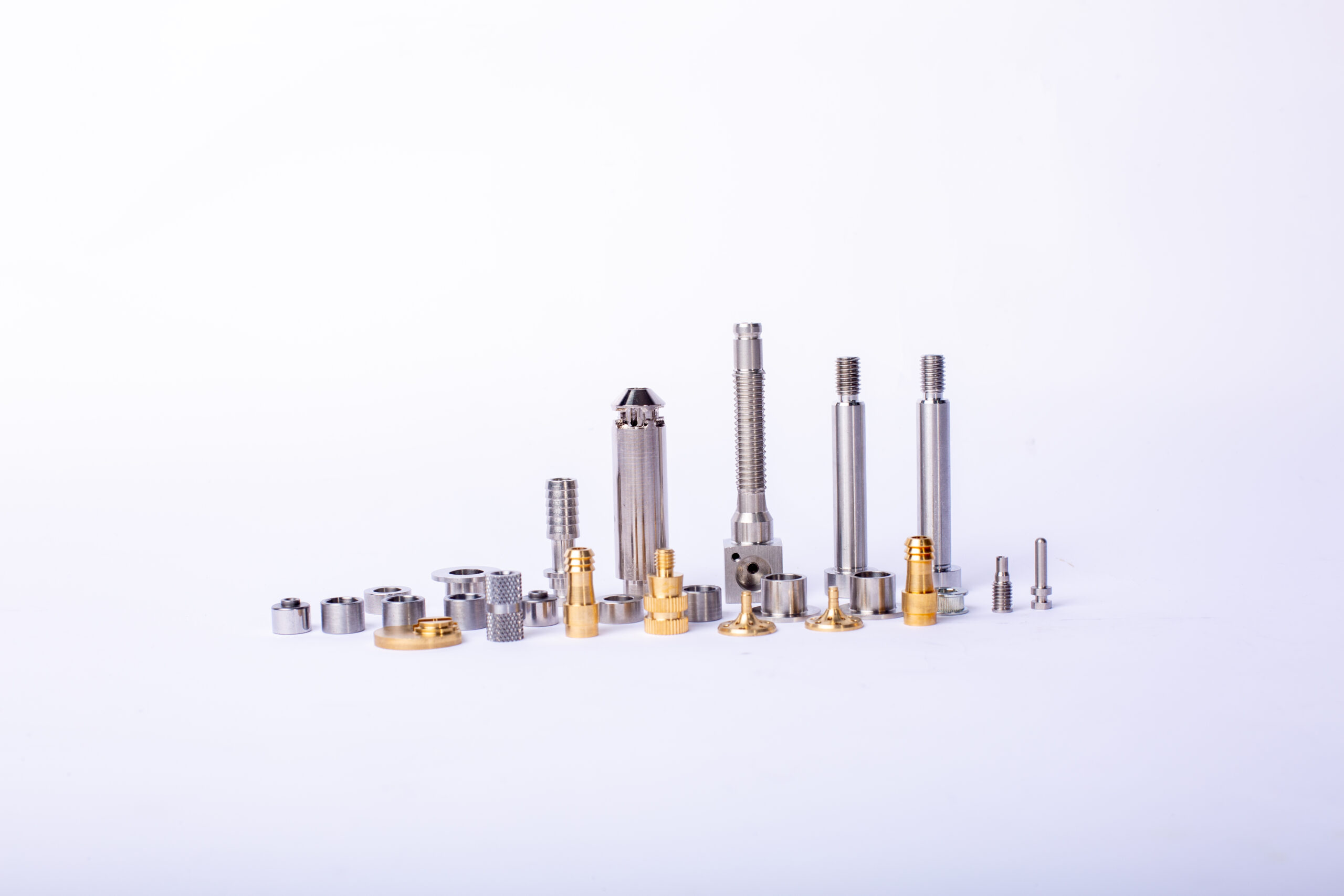
large aluminum forge FAQs Guide.
Our company is dedicated to providing high-quality large aluminum forge products to meet the needs of various industries. With advanced technology and skilled craftsmanship, we have become a leading manufacturer in the field of large aluminum forge. Our products are widely used in aerospace, automotive, and construction industries, just to name a few. We take great pride in our products as they are not only durable and reliable, but also lightweight and eco-friendly. Through this introduction, we hope to showcase the versatility and excellence of our large aluminum forge products. Thank you for choosing us as your trusted provider of top-notch large aluminum forge products.
1.Can large aluminum forges be re-forged or recycled?
We have a good reputation and image in the industry. The quality and price advantage of large aluminum forge products is an important factor in our hard overseas market.
Yes, aluminum forgings can be re-forged or recycled. The process of re-forging involves heating the aluminum forging to a temperature that is suitable for reshaping and then using a hammer or press to reshape it. Recycling involves melting down the aluminum forging and then casting it into a new shape.
2.About large aluminum forge overseas warehouse
Aluminum forging overseas warehouses are warehouses located in foreign countries that specialize in the storage and distribution of aluminum forgings. These warehouses are typically located in countries with a strong aluminum forging industry, such as China, India, and the United States. They provide a convenient and cost-effective way for companies to store and distribute their aluminum forgings, as well as to access the global market. The warehouses are typically equipped with the latest technology and equipment to ensure the highest quality of aluminum forgings.

3.How are defects identified and corrected during the large aluminum forge process?
Our products & services cover a wide range of areas and meet the needs of different fields.
Defects in aluminum forging can be identified and corrected through a variety of methods. Visual inspection is the most common method used to identify defects. This involves looking for surface irregularities, such as cracks, porosity, or other surface defects. Ultrasonic testing is also used to detect internal defects, such as voids, inclusions, or cracks. X-ray and radiographic testing can also be used to detect internal defects. Once a defect is identified, it can be corrected by reworking the part, using a different forging process, or by using a different material.
4.What are the different types of large aluminum forge?
We have flexible production capacity. Whether you are large orders or small orders, you can produce and release goods in a timely manner to meet customer needs.
1. Closed Die Forging: This type of forging involves the use of two dies that are closed together to form a shape. The dies are usually made of steel and the aluminum is heated and then placed between the dies. The dies are then closed and the aluminum is forced into the desired shape.
2. Open Die Forging: This type of forging involves the use of a single die that is open at the top. The aluminum is heated and then placed in the die. The die is then closed and the aluminum is forced into the desired shape.
3. Roll Forging: This type of forging involves the use of two rolls that are used to shape the aluminum. The aluminum is heated and then placed between the rolls. The rolls are then rotated and the aluminum is forced into the desired shape.
4. Impact Forging: This type of forging involves the use of a hammer or other tool to shape the aluminum. The aluminum is heated and then placed on an anvil. The hammer or other tool is then used to shape the aluminum into the desired shape.
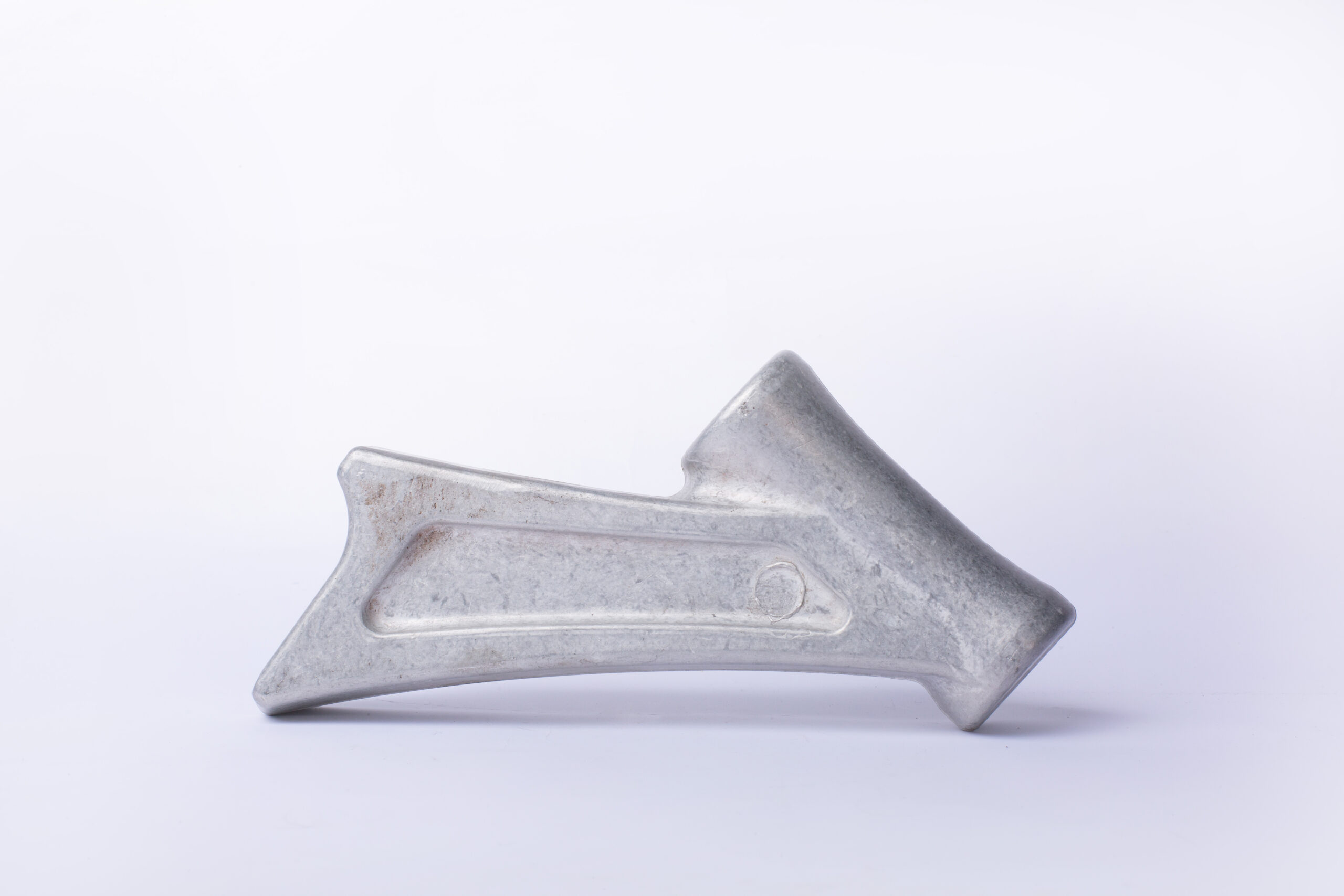
5.What are the quality control measures taken during large aluminum forge?
I have a comprehensive after -sales service system, which can pay attention to market trends in time and adjust our strategy in a timely manner.
1. Visual Inspection: Visual inspection is one of the most important quality control measures taken during aluminum forging. This involves inspecting the forged parts for any visible defects such as cracks, porosity, or other surface imperfections.
2. Dimensional Inspection: Dimensional inspection is another important quality control measure taken during aluminum forging. This involves measuring the dimensions of the forged parts to ensure that they meet the required specifications.
3. Chemical Analysis: Chemical analysis is also an important quality control measure taken during aluminum forging. This involves testing the chemical composition of the forged parts to ensure that they meet the required specifications.
4. Non-Destructive Testing: Non-destructive testing is also an important quality control measure taken during aluminum forging. This involves testing the forged parts for any internal defects such as cracks, porosity, or other internal imperfections.
5. Stress Testing: Stress testing is also an important quality control measure taken during aluminum forging. This involves testing the forged parts for any stress-related defects such as cracks, porosity, or other stress-related imperfections.
6.How does the cost of tooling for large aluminum forge compare to other metal forging processes?
We operate our large aluminum forge business with integrity and honesty.
The cost of tooling for aluminum forging is typically lower than other metal forging processes due to the lower melting point of aluminum. This allows for shorter cycle times and less wear on the tooling, resulting in lower costs. Additionally, aluminum is a softer metal than other metals, which makes it easier to shape and form. This also helps to reduce the cost of tooling.
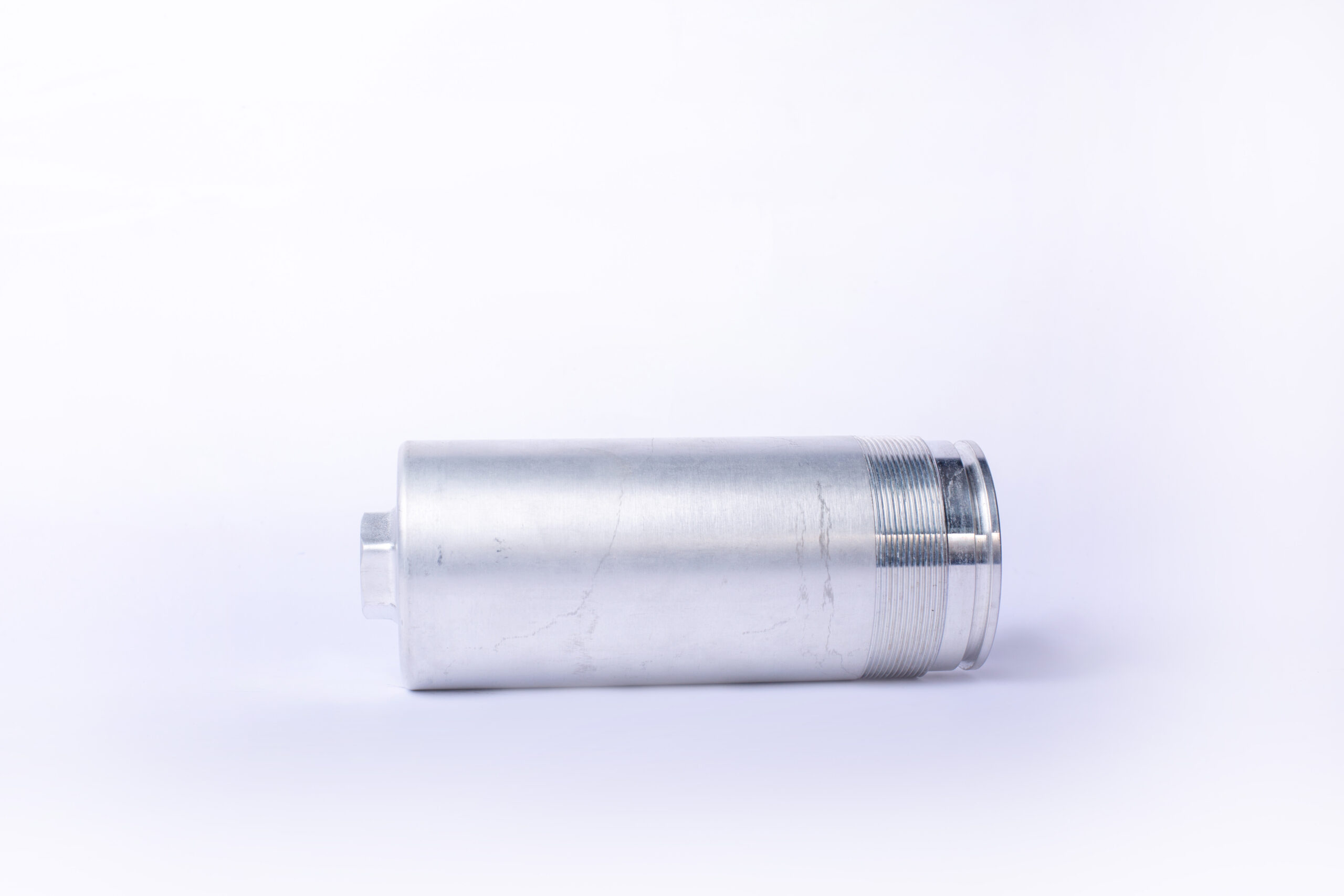
7.What industries commonly use large aluminum forges?
We attach importance to the innovation ability and team spirit of employees, have advanced R & D facilities and laboratories, and have a good quality management system.
Aluminum forgings are commonly used in the automotive, aerospace, defense, and marine industries. They are also used in the construction, medical, and sporting goods industries.
8.Can large aluminum forges be welded or brazed?
Being one of the top large aluminum forge manufacturers in China, We attach great importance to this detail.
Yes, aluminum forgings can be welded or brazed. However, it is important to note that aluminum is a difficult material to weld and requires special techniques and equipment. Brazing is often the preferred method for joining aluminum forgings, as it is less likely to cause warping or cracking.
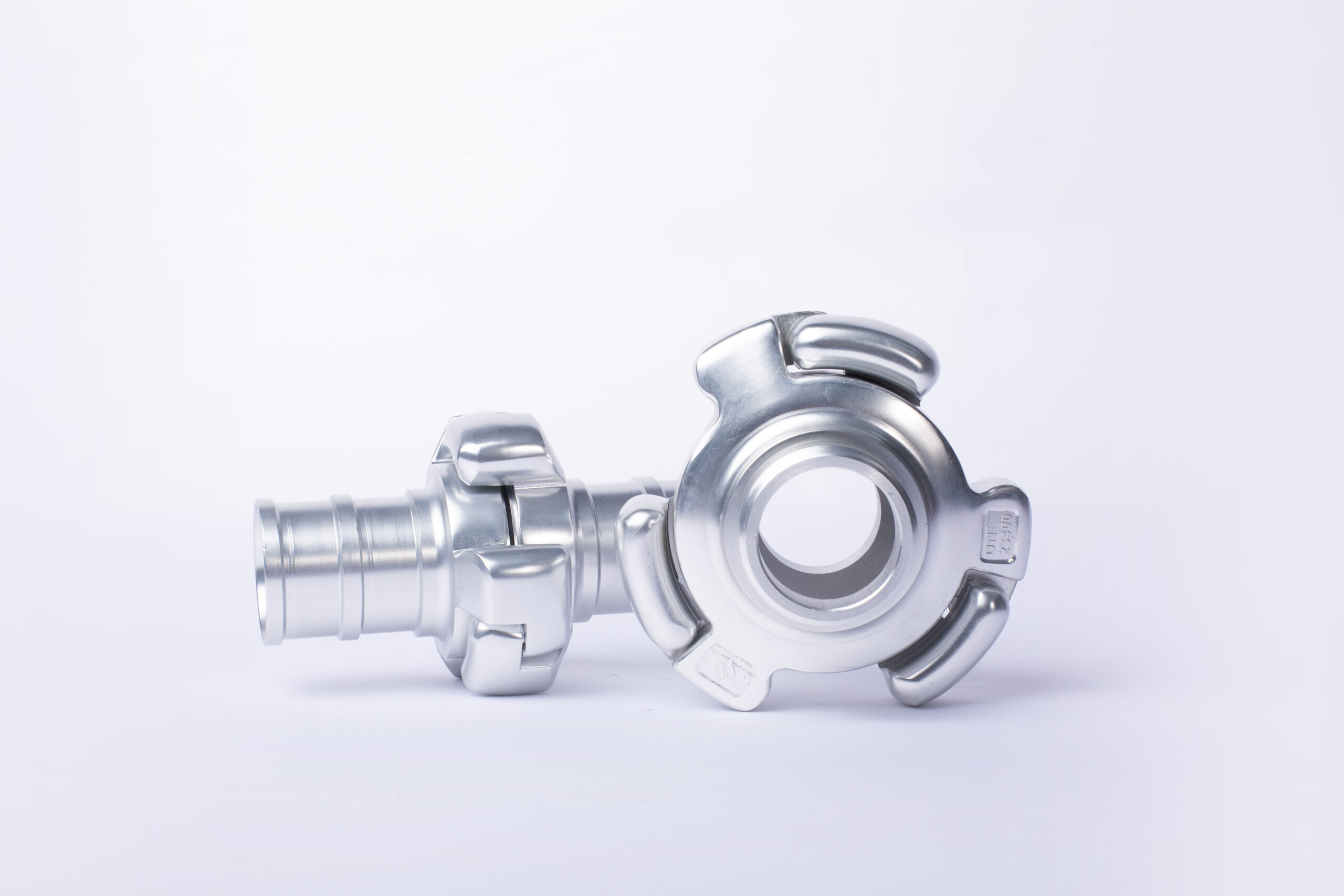
9.Can aluminum be forged at room temperature?
We focus on our customers’ needs and strive to meet their expectations, so we take this very seriously.
No, aluminum cannot be forged at room temperature. It must be heated to a temperature of at least 700°F (371°C) before it can be forged.
10.About large aluminum forge production equipment
Aluminum forging production equipment is used to shape and form aluminum into a variety of shapes and sizes. This equipment is used in a variety of industries, including automotive, aerospace, and construction. The equipment is used to create parts for cars, airplanes, and other products. It is also used to create custom parts for specific applications. The equipment is designed to be efficient and reliable, and it is capable of producing high-quality parts.

11.Can large aluminum forges be used in corrosive environments?
Yes, aluminum forgings can be used in corrosive environments. Aluminum is a naturally corrosion-resistant material, and when it is forged, it becomes even more resistant to corrosion. Aluminum forgings can be treated with a variety of coatings to further protect them from corrosion.
12.What considerations should be taken into account when designing a product for large aluminum forge?
As one of the top large aluminum forge manufacturers in China, we take this very seriously.
1. Strength: Aluminum is a relatively soft metal, so it is important to consider the strength requirements of the product when designing for aluminum forging.
2. Heat Treatment: Aluminum is susceptible to heat treatment, so it is important to consider the desired properties of the product when designing for aluminum forging.
3. Grain Structure: Aluminum has a grain structure that can be affected by the forging process, so it is important to consider the desired grain structure of the product when designing for aluminum forging.
4. Tooling: Aluminum is a relatively soft metal, so it is important to consider the tooling requirements of the product when designing for aluminum forging.
5. Cost: Aluminum is a relatively inexpensive metal, so it is important to consider the cost of the product when designing for aluminum forging.
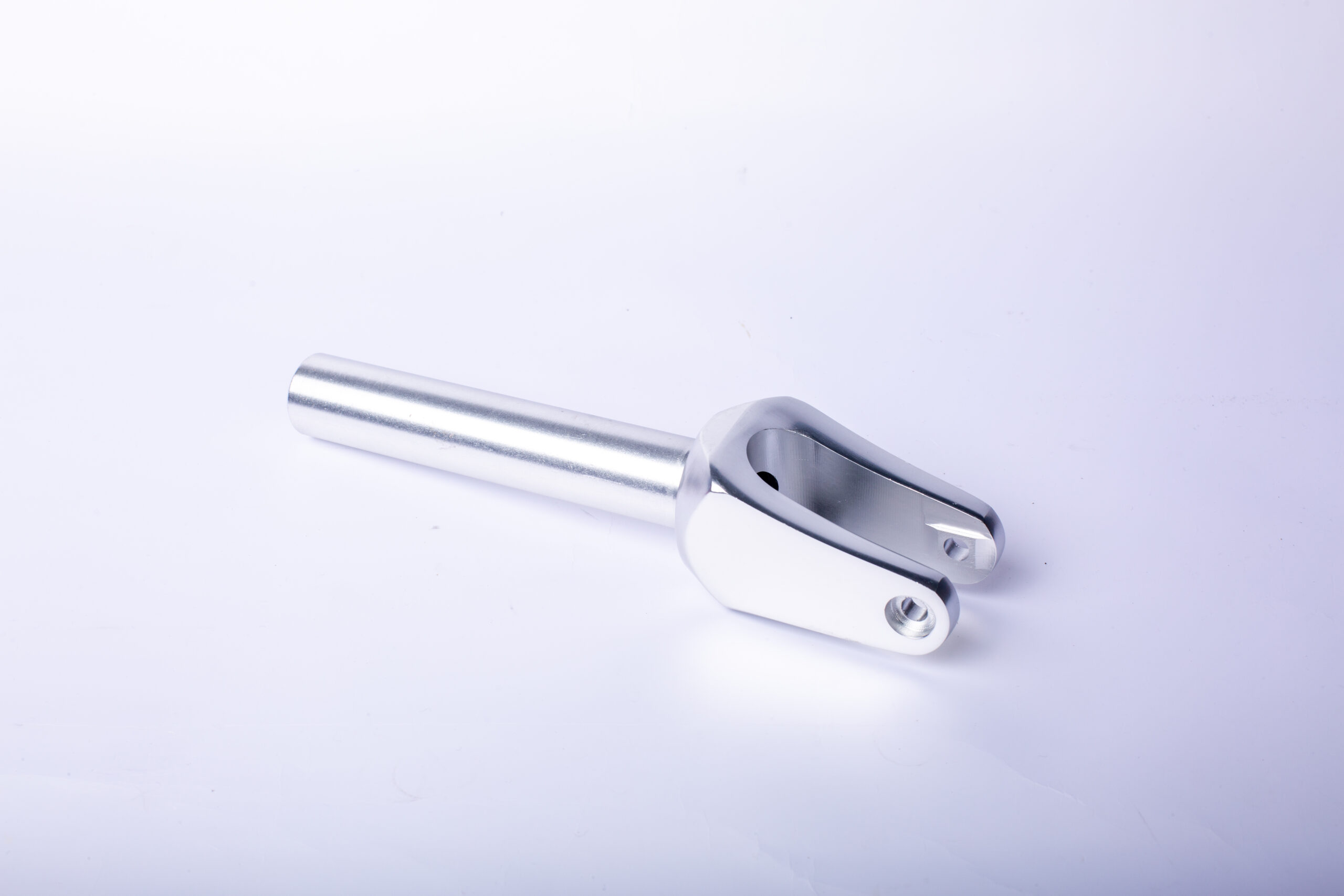
13.How does the forging process affect the microstructure of aluminum?
Our company has many years of large aluminum forge experience and expertise.
The forging process can affect the microstructure of aluminum in several ways. During the forging process, the aluminum is subjected to high temperatures and pressures, which can cause the grain structure of the aluminum to become finer and more uniform. This can improve the strength and ductility of the aluminum, as well as its fatigue resistance. Additionally, the forging process can also cause the aluminum to become more homogenous, which can improve its corrosion resistance.
14.About large aluminum forge technology
Aluminum forging is a metalworking process in which metal is heated and then shaped into a desired shape by applying pressure. It is a process that is used to create parts with improved strength and durability. Aluminum forging is used in a variety of industries, including aerospace, automotive, and medical. The process is used to create parts with complex shapes and tight tolerances. Aluminum forging is a cost-effective way to produce parts with superior strength and durability. The process is also used to create parts with improved fatigue resistance and corrosion resistance.
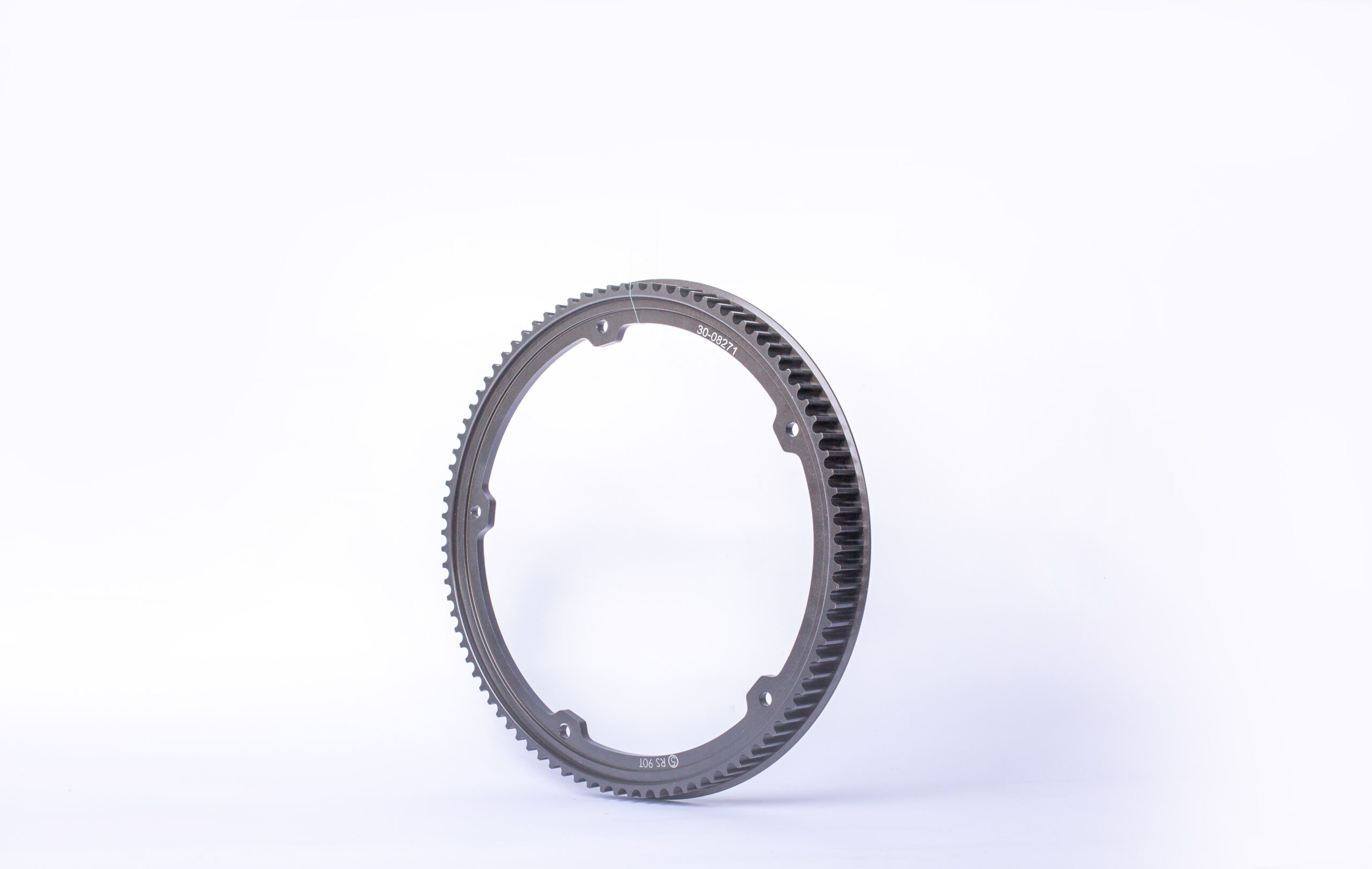
15.About the scale of large aluminum forge factory
The size of an aluminum forging factory depends on the type of products it produces and the size of the orders it receives. Some aluminum forging factories may be small, producing only a few parts at a time, while others may be large, producing thousands of parts per day. The size of the factory also depends on the type of equipment used, the number of employees, and the amount of space available.
Tag:forged 7075 t6 aluminum,forged vs cast aluminum wheels,powder coated forged aluminum wheels,forged aluminum ferris whee
Product Inquiry
We will respond within 12 hours, please pay attention to the email “@163.com” or “@alumforge.com”.
Also, you can go to the Contact Page, which provides a more detailed form, if you have more inquiries for products or would like to obtain OEM service.
Our sales experts will respond within 24 hours, please pay attention to the email with the suffix “@163.com”.